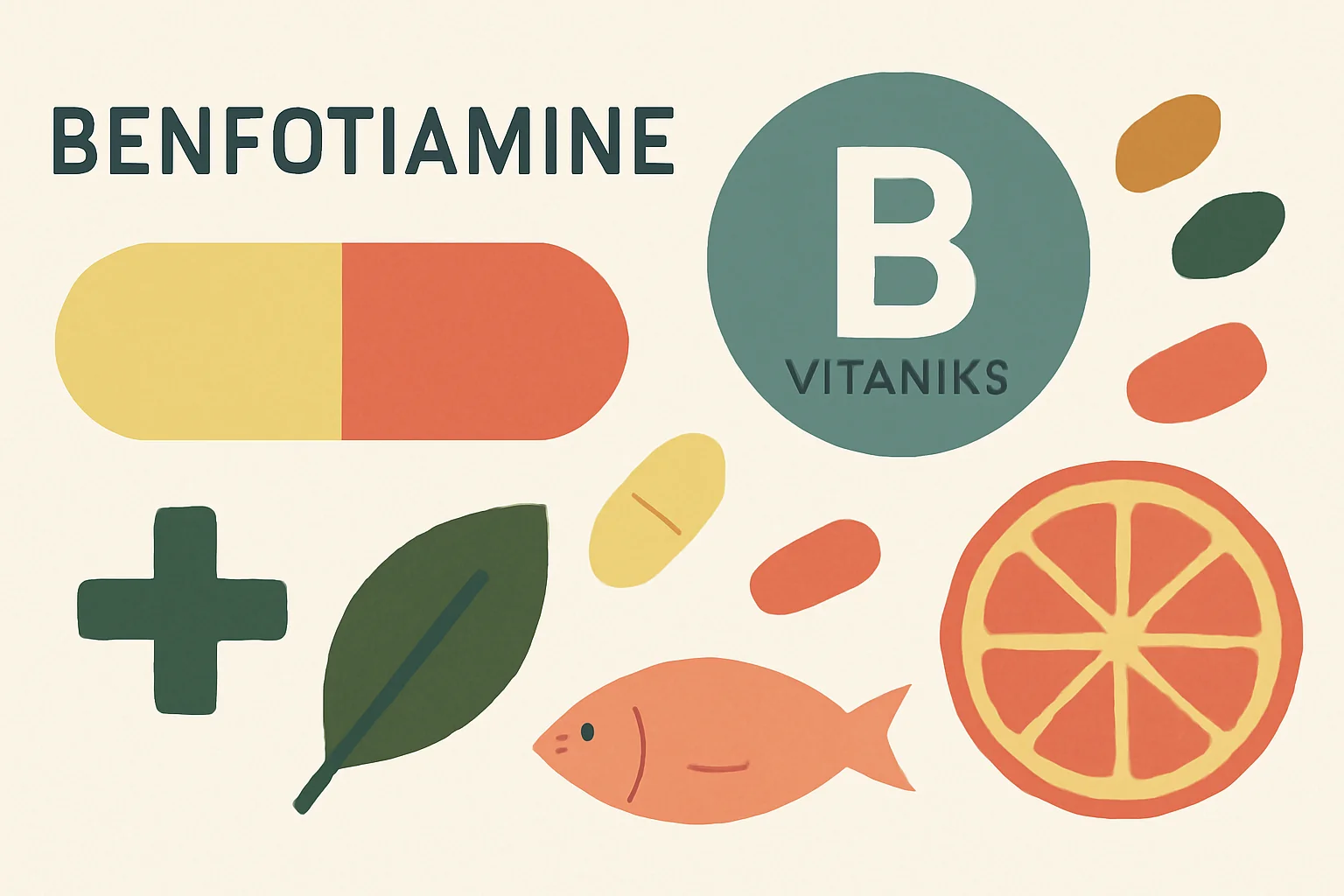-
The role of sodium and water in health preservation and nutrition
The relationship between sodium and water plays an extremely important role in nature and human life. The interaction between these two elements determines various biological processes, the taste of foods, and even industrial applications. Sodium is an essential mineral that is crucial for the human body, while the life-sustaining role of water is undeniable. However, understanding and maintaining the balance between the two is key to proper health. The intertwining of sodium and water is remarkable not only from a chemical perspective but also from biological and environmental standpoints. The presence of sodium ions in water influences its taste and contributes to various water quality indicators. Excessive sodium consumption, which…
-
The role of benfogamma and B vitamins in health preservation
The benfotiamine, also known as B-vitamin, occupies a special place in nutrition science and health preservation. The group of B-vitamins contains several important nutrients that are essential for the proper functioning of the body. Benfotiamine, as a representative of the B-vitamins, plays a significant role in cellular metabolism, blood formation, and the maintenance of neurochemical functions. B-vitamins are water-soluble vitamins, which means that excess amounts are excreted from the body through urine. Therefore, it is important to replenish them regularly, especially if our diet does not include sufficient amounts of vitamin-rich foods. Benfotiamine is particularly recommended for those leading a stressful lifestyle, as it contributes to stress management and mood…
-
Neurobion and Neurovit: The Role of Vitamins in the Health of the Nervous System
The role of vitamins and minerals in the healthy functioning of the body is undeniable. Proper nutrient intake affects not only our physical performance but also our mental performance. The combined presence of various vitamins aids in cell regeneration, strengthens the immune system, and contributes to the proper functioning of the central nervous system. Members of the B-vitamin group, in particular, play an important role in neurological functions, as they facilitate information transfer between neurons, support the production of neurotransmitters, and contribute to stress management. There are numerous dietary supplements available on the market aimed at ensuring adequate levels of vitamins and minerals. Two popular products, Neurobion and Neurovit, are…
-
Vitamin C or Vitamin D: Which is More Important for Our Health?
The vitamin C and vitamin D are among the most important vitamins that play a role in maintaining human health. Both have their own specific characteristics and functions that are essential for the proper functioning of the immune system and the health of bones. The importance of these vitamins cannot be overstated, as they play a fundamental role in cellular metabolism, hormone production, and numerous other biological processes. Vitamin C, also known as ascorbic acid, is a water-soluble vitamin with strong antioxidant properties. It helps neutralize free radicals, thus contributing to the protection of cells, and promotes collagen production, which is essential for the health of skin and connective tissues.…



